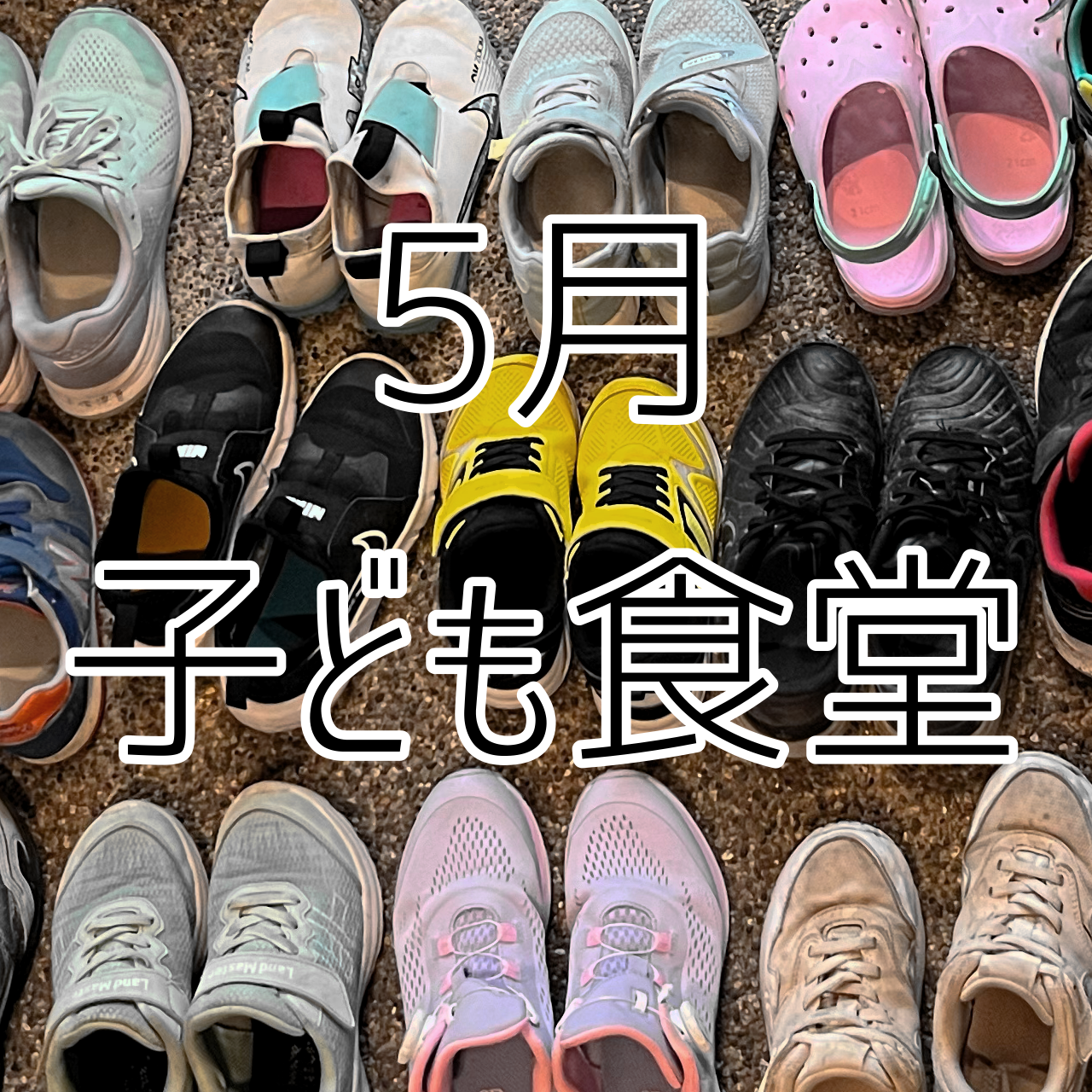Welcome to our “kodomo shokudō”.
“For parents who worry about their children being home alone due to late-night work, and who wish to connect with their community, “kodomo shokudō” (a.k.a. Children`s Cafeteria) offer a solution.”
How much do you know about “Kodomo Shokudō” (Children`s Cafeteria? When our class conducted a survey among elementary and junior high school students in Shizuoka Prefecture, most of them responded that they didn’t know much about “Kodomo Shokudō“. In this project, we will delve deeper into exploring what “kodomo shokudō” is all about.
“Kodomo Shokudō“, or Children`s Cafeteria, is a community-run initiative that provides free or low-cost meals to children. These spaces offer not only food but also a place for children to socialize, study, and feel a sense of belongingness. By addressing issues such as child hunger and social isolation, “Kodomo Shokudō” plays a crucial role in promoting children’s overall well-being. Many “Kodomo Shokudō” also collaborate with local farmers and businesses to provide nutritious meals and foster a sense of community.
To understand what a “kodomo shokudō” is really like, we visited one ourselves. It was a fun and lively place where everyone could eat and chat together.
We interviewed people who run “kodomo shokudōs” to learn about the challenges they face. Since each cafeteria is operated independently, they also have their own unique set of difficulties.
1: Securing funds, financial stability
2: Staffing shortage, lack of manpower
3: Concerns about reaching those in need.
To address these issues, we believe that support from individuals as well as collaborative efforts with government agencies are necessary.
Additionally, children’s dining halls are also being implemented overseas. In Germany, for example, activities are organized where children who have to eat alone cook and eat together, creating a dun and engaging experience for them.
Besides “kodomo shokudō“, there is also an initiative called TFT stands for “Table For Two”, that aims to simultaneously address hunger in developing countries and obesity in developed countries.
Activities such as food pantries and food drives are also being carried out in countries like Germany and the United States. Additionally, similar to Japan,
governments in countries such as the United States and the United Kingdom, income support and aid are provided by the government. This suggests that the idea of “wanting to help each other” is a common value both in Japan and abroad.”
Let’s discuss what is needed to do to protect the well-being of children, a common challenge faced by both in Japan and around the world.



